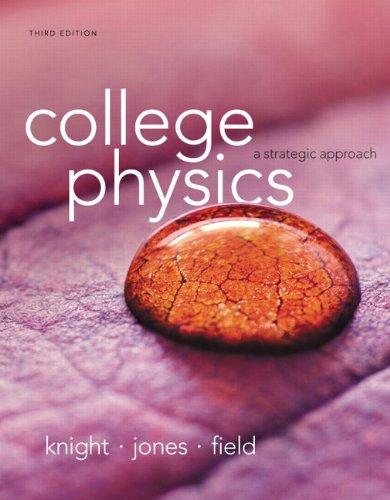If we define the kinetic energy of the club head before the collision as what you had
Question:
If we define the kinetic energy of the club head before the collision as "what you had to pay" and the kinetic energy of the ball immediately after as "what you get," what is the efficiency of this energy transfer?
A. 0.54 B. 0.46 C. 0.38 D. 0.27 A golf club has a lightweight flexible shaft with a heavy block of wood or metal (called the head of the club) at the end. A golfer making a long shot off the tee uses a driver, a club whose \(300 \mathrm{~g}\) head is much more massive than the \(46 \mathrm{~g}\) ball it will hit. The golfer swings the driver so that the club head is moving at \(40 \mathrm{~m} / \mathrm{s}\) just before it collides with the ball. The collision is so rapid that it can be treated as the collision of a moving \(300 \mathrm{~g}\) mass (the club head) with a stationary \(46 \mathrm{~g}\) mass (the ball); the shaft of the club and the golfer can be ignored. The collision takes \(5.0 \mathrm{~ms}\), and the ball leaves the tee with a speed of \(63 \mathrm{~m} / \mathrm{s}\).
Step by Step Answer:

College Physics A Strategic Approach
ISBN: 9780321907240
3rd Edition
Authors: Randall D. Knight, Brian Jones, Stuart Field





